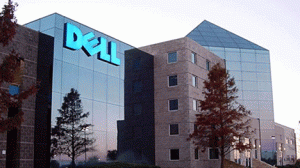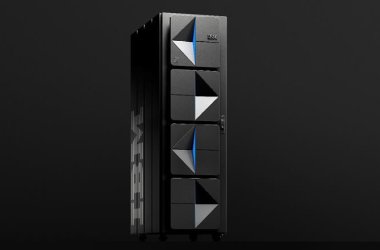 Dell executives went on the offensive this week, claiming that the firm can trump Cisco in the information technology security market, as well as holding an edge against powerful rivals such as HP and IBM.
Dell executives went on the offensive this week, claiming that the firm can trump Cisco in the information technology security market, as well as holding an edge against powerful rivals such as HP and IBM.
“Cisco is a great competitor, but they don’t have our holistic view,” said Patrick Sweeney, Executive Director, Product Management, Dell SonicWall, as he described a strategy to optimise the identity management assets gained through Dell’s acquisition of Quest last September for $2.4 billion.
Cisco isn’t Dell’s only major security competitor – HP and IBM also loom large when it comes to winning large customers. One reason Dell wants to articulate an IT security strategy now is because the company earlier this month announced a buy-out agreement in which Michael Dell and equity investor Silver Lake would acquire Dell for $24.4 billion – and Dell enterprise customers are eager for information about the implications of this.
Quest, now part of the Dell Software Group, brings to Dell a range of new products, including identity and access management software. By embedding this kind of security, for starters, in a broad range of IT and security gear, it could help Dell extend security services.
Bill Evans, Director of Product Marketing, Dell Quest, said Dell’s direction is to advance the “concept of embedded security” to virtually any type of device, wireless or fixed, so that the enterprise can easily establish the policies and controls they want for access and identity management. Quest’s audit and activity monitoring capabilities mean that “we have user-activity monitoring” that can be used by enterprises or cloud services, said Evans. “Cisco doesn’t have an identity business.”
Dell is also combining its security efforts in other ways. The Dell SecureWorks managed security service, which provides threat monitoring for enterprise customers, can now manage Dell SonicWall firewalls for customers as well in its security operations centres, points out James Brooks, Product Manager there. SecureWorks, which has expertise in monitoring botnets and cyber attacks to protect enterprise customers, itself was acquired by Dell in 2011. There may be more managed services to come.
Sweeney said Dell, as the “number-two vendor of servers in the world,” has enormous presence on the enterprise and cloud infrastructure side. The thousands of sales people at Dell are now organised to make the case for Dell’s end-to-end security to CIOs and other high-level management.
Dell is still hungry for further acquisitions that would extend its security capabilities, though Sweeney wouldn’t elaborate on what security segments Dell is eager to invest in.
Dell is entering an era in which, once the company goes private, it won’t have to make public statements about its earnings or how its specific product segments are faring. Yesterday, Dell said in its public earnings statement that its fiscal fourth-quarter earnings, which recorded a profit of $530 million, were down from $764 million a year earlier as the company recorded double-digit revenue declines from its personal computer and mobility segments. Its server and networking sales, however, were up about 18 percent.
Dell wouldn’t provide guidance for fiscal 2014 since it is expected to go private.





